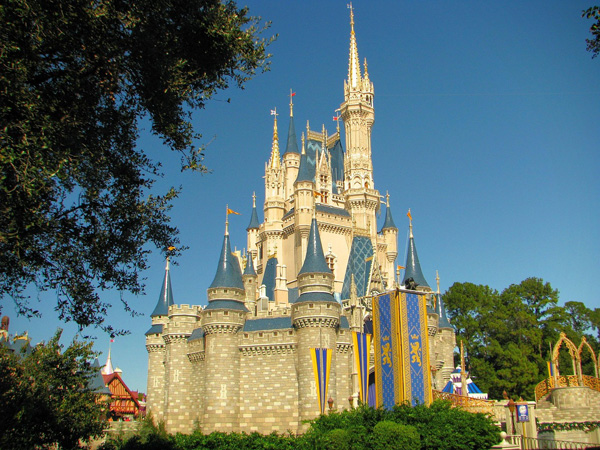Disney and Universal sue AI company Midjourney over alleged copyright infringement

[Disney Castle :Photo Credit to Pixabay]
On June 11, 2025, The Walt Disney Company and Universal Pictures jointly filed a 110-page federal lawsuit in the U.S. District Court for the Central District of California, accusing AI company Midjourney of training its image–generation model on copyrighted films without authorization.
The lawsuit claims the model can produce unauthorized likenesses of well-known characters like Spider‑Man, Elsa, and the Minions.
The studios claim that Midjourney’s artificial intelligence was trained on vast datasets containing copyrighted content from major films.
Iconic characters like Spider-Man, Elsa, and others are protected under intellectual property laws and cannot be used, copied, or recreated without explicit permission from the rights holders.
By incorporating these copyrighted images into its training process, Disney and Universal allege that Midjourney violated copyright protections, sparking industry-wide concerns about the implications for brand value and creative ownership.
The studio’s concerns are heightened by the fact that users can generate highly realistic images using Midjourney’s AI.
These images often closely resemble official scenes and characters from Disney and Universal’s films, potentially causing confusion among the public and diluting the value of their copyrighted properties.
Although Midjourney has not disclosed the exact sources of its training data, it is generally understood that many AI companies train their models using large amounts of publicly accessible online content, which may include copyrighted materials.
This approach has raised concerns among copyright holders.
However, AI systems do not reproduce copyrighted images pixel for pixel.
Instead, they learn from patterns, styles, and visual cues embedded in large datasets, many of which may contain copyrighted works.
For rights holders, this process can feel like intellectual infringement, especially when AI-generated content ends up closely resembling original characters or scenes.
This resemblance becomes particularly problematic when the outputs appear so similar that they might confuse the public or dilute the distinctiveness of iconic properties.
This approach has raised increasing concern from artists, filmmakers, and companies whose creative work is being used without consent or compensation to teach machines how to imitate it.
Supporters of strong copyright enforcement argue that allowing AI to freely train on such materials devalues the effort of original creators.
However, others caution that imposing too many restrictions could stifle innovation and create steep barriers for smaller AI startups competing with tech giants.
This dispute has brought attention to a central legal question in the AI age: what can machines legally learn from and how should that learning be regulated?
The Disney–Universal lawsuit is now being viewed as a test case that may influence future legal standards.
Regardless of the outcome, the case is expected to influence future rules for how AI models can interact with protected content.
At its core, the lawsuit raises a fundamental and timely question: what is AI allowed to learn from, and under what legal and ethical boundaries can it transform existing content into something new?
A ruling in favor of the studios could force AI companies to license copyrighted training data or shift toward using only public domain or properly cleared materials.
Such a change would significantly alter standard practices in AI development and could usher in a new era of transparency and accountability.
It might also lead to stronger protections and compensation systems for creators whose work serves as the foundation of AI capabilities.
In their filing, Disney and Universal state that they are not against AI itself, but insist that the technology must evolve in ways that respect intellectual property.
They argue that, just as filmmakers pay to use licensed music or video, AI companies should compensate those whose creative works help train their models.
The legal precedent set by this case could reshape how artificial intelligence is built, trained, and deployed across industries.
Ultimately, the lawsuit raises one of the most pressing questions of the digital era: can artificial intelligence lawfully learn from copyrighted works to generate new, transformative creations? or does that process require consent and compensation?

- Lindsay Song / Grade 11
- Wayland Academy

![THE HERALD STUDENT REPORTERS [US]](/assets/images/logo_student_us.png)
![THE HERALD STUDENT REPORTERS [Canada]](/assets/images/logo_student_ca.png)
